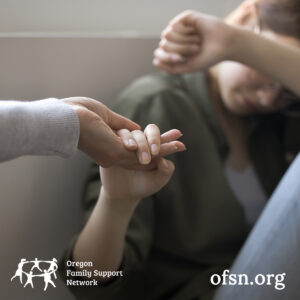When Your Child Is In Residential Care: Finding Support
 Finding Support When Your Child is in Residential Care
Finding Support When Your Child is in Residential Care
When your child enters residential care, the experience can feel overwhelming, lonely, and full of questions. As a parent, you may find yourself navigating a range of emotions—relief that your child is getting the help they need, sadness about being apart, frustration with systems, or even guilt. These feelings are normal, and you don’t have to face them alone.
You Still Play a Vital Role
Even when your child is living in a residential program, you remain their most important connection. You know their history, their strengths, and their story in a way no one else does. Staying engaged can mean:
- Participating in treatment planning meetings.
- Communicating regularly with staff.
- Writing letters, sending encouraging notes, or visiting when possible.
- Advocating for your child’s needs and helping shape their care.
Your involvement reassures your child that they are still loved and valued, even while they receive treatment away from home.
Finding Support for Yourself
Caring for a child in residential care takes a toll. It’s important to have your own circle of support. You might:
-
Connect with peer support: Resources like Reach Out Oregon and family-run networks provide safe spaces to talk with other parents who understand what you’re going through.
-
Seek out parent support groups: Many communities and programs host groups specifically for families of children in treatment.
-
Access counseling or therapy: Having a neutral, supportive professional can help you process your own emotions and stress.
Learning About the System
Residential care often comes with new acronyms, meetings, and treatment plans. Don’t hesitate to ask questions, request written explanations, and seek out resources. Knowledge can make the process feel less overwhelming. Family advocates or peer support specialists can help you understand the system and your rights as a parent.
Caring for Your Family at Home
If you have other children or family members, their lives may also be impacted by the transition. Keeping routines, spending one-on-one time, and talking openly in age-appropriate ways can help siblings feel included and supported.
Holding Onto Hope
Residential care is just one part of your child’s journey. It doesn’t define them—or you as a parent. Progress may not be a straight line, but with the right supports, healing and growth are possible.
You Are Not Alone
Thousands of families walk this path every year. Reaching out for help is not a sign of weakness—it’s a sign of strength. Whether through community groups, peer mentors, or statewide resources, support is out there for both you and your child. If you need support, we are here to listen. Call our parent warmline at 1-833-732-2467 or visit reachoutoregon.org.
